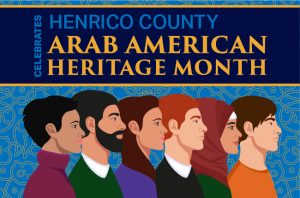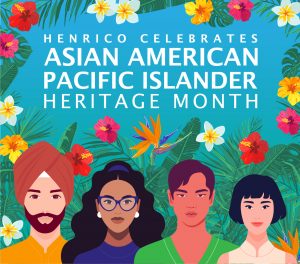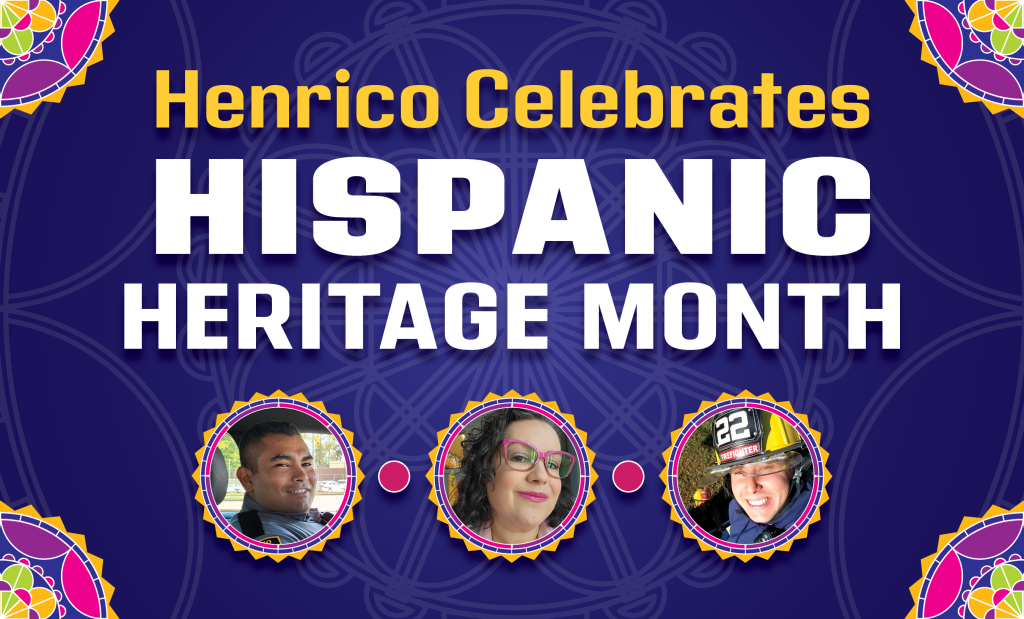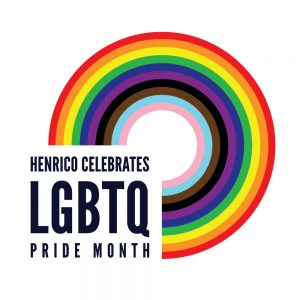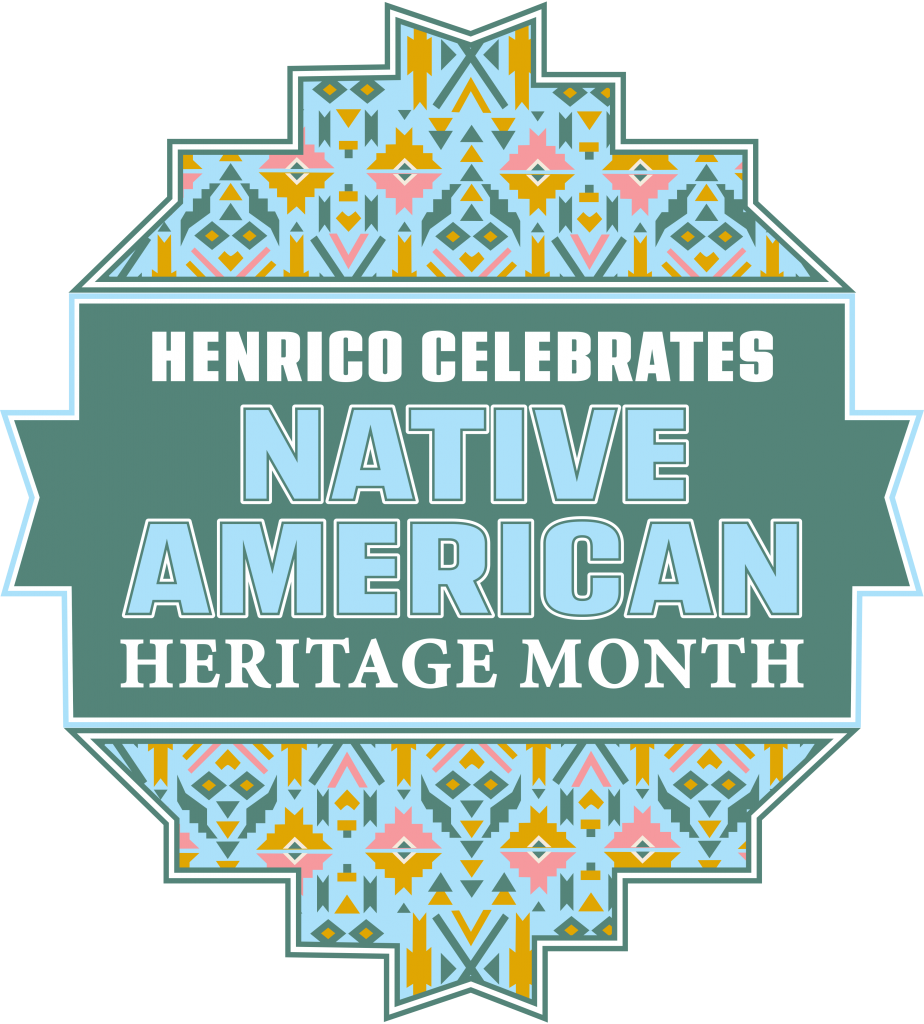African American/Black Heritage
As a Harvard-trained historian, Carter G. Woodson, like W. E. B. Du Bois before him, believed that truth could not be denied and that reason would prevail over prejudice. His hopes to raise awareness of African American’s contributions to civilization was realized when he and the organization he founded, the Association for the Study of Negro Life and History (ASNLH), conceived and announced Negro History Week in 1925. The event was first celebrated during a week in February 1926 that encompassed the birthdays of both Abraham Lincoln and Frederick Douglass. The response was overwhelming: Black history clubs sprang up; teachers demanded materials to instruct their pupils; and progressive whites, not simply white scholars and philanthropists, stepped forward to endorse the effort. Read more at blackhistorymonth.gov.
Arab American Heritage
During the month of April, the Arab America Foundation formally recognizes the achievements of Arab Americans through the celebration of National Arab American Heritage Month (NAAHM). Across the country, cultural institutions, school districts, municipalities, state legislatures, public servants, and non-profit organizations issue proclamations and engage in special events that celebrate our community’s rich heritage and numerous contributions to society.
Asian American and Pacific Islander Heritage
May is Asian/Pacific American Heritage Month – a celebration of Asians and Pacific Islanders in the United States. A rather broad term, Asian/Pacific encompasses all of the Asian continent and the Pacific islands of Melanesia (New Guinea, New Caledonia, Vanuatu, Fiji and the Solomon Islands), Micronesia (Marianas, Guam, Wake Island, Palau, Marshall Islands, Kiribati, Nauru and the Federated States of Micronesia) and Polynesia (New Zealand, Hawaiian Islands, Rotuma, Midway Islands, Samoa, American Samoa, Tonga, Tuvalu, Cook Islands, French Polynesia and Easter Island).
Hispanic/Latino Heritage
National Hispanic American Heritage Month, also known as Hispanic Heritage Month, has been observed from Sept. 15 to Oct. 15 as a national holiday since 1988. We continue to honor and recognize the important contributions, diverse cultures and inseparable history of individuals whose lineage is connected to Spain, Mexico, the Caribbean and Central and South America.
Jewish American Heritage
In 2006, May was designated as Jewish American Heritage Month to recognize the more than 350-year history of Jewish contributions to American culture.
Today, we can find diverse experiences, detailed memories, enduring faith, sacred language and familiar gatherings reflected in Jewish communities – a rich, global diversity seen in the many people and as many expressions of culture.
Our continued vibrance as a county is dependent on the ideas, solutions and forward thinking shared from the diverse perspectives of our Jewish communities. We recognize and honor these innovations as contributions born from creativity, resilience and fortitude.
LGBTQ Pride
June is Lesbian, Gay, Bisexual, Transgender and Queer (LGBTQ) Pride Month. This celebrates how Americans who identify as LGBTQ have strengthened our country by using their talent and creativity to promote goodwill and greater awareness/understanding of marginalized individuals. The first Pride March was held June 28, 1970, in New York City, on the first anniversary of a riot that was triggered by a police raid of a gay nightclub. The riot became known as the Stonewall Uprising and was viewed as a tipping point for the Gay Liberation Movement in the United States.
Native American Heritage
In 1990, November was designated as National American Indian Heritage Month, also known as Native American Heritage Month, to highlight the contributions and cultures of the indigenous peoples of the North American continent. Such recognition, however, dates back further with state and organizational recognition of indigenous peoples days and commemorations occurring at the turn of the 20th century.
Women’s History
Women’s History Month had its origins as a national celebration in 1981 when Congress passed Pub. L. 97-28 which authorized and requested the President to proclaim the week beginning March 7, 1982 as “Women’s History Week.” Throughout the next five years, Congress continued to pass joint resolutions designating a week in March as “Women’s History Week.” In 1987 after being petitioned by the National Women’s History Project, Congress passed Pub. L. 100-9 which designated the month of March 1987 as “Women’s History Month.” Learn more and start your own conversation.




